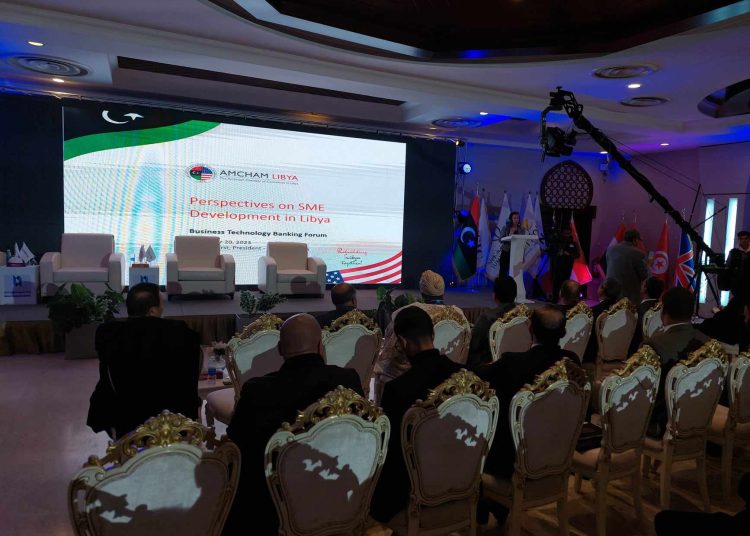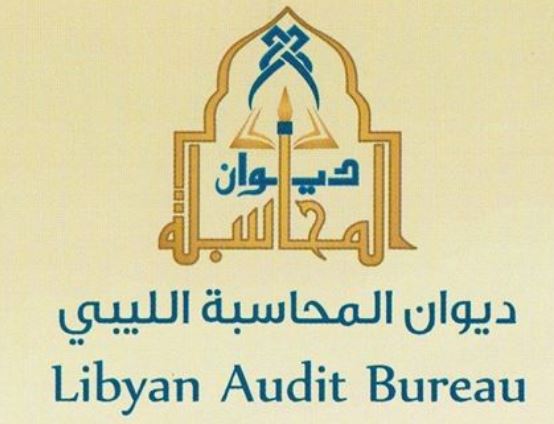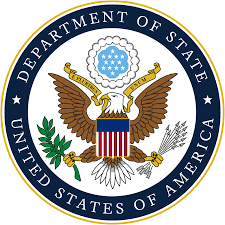Speaking on the third and final day of the Business Technology Banking Forum held in Tripoli from 18-20 December in the second discussion session entitled ”SMEs: The Role of SMEs in Developing Banking Operations”, AmCham Libya President, Debbie Hirst, reviewed some of the main challenges facing SMEs in Libya.
Hirst was invited by the Forum organisers to reflect on her years of experience in running businesses in Libya.
Some of the challenges
Some of the challenges that SMEs face in Libya, Hirst said, include regulatory issues that could release and encourage SMEs. She also noted the challenges in obtaining, registering and retaining staff, especially the bureaucracy of registering foreign staff.
Hirst also reflected on the lack of availability of banking services and support for SMEs, compared to Libya’s peer countries.
She also reflected on the presence of corruption and the challenges it presents to smooth operations of SMEs. Ultimately, she cited the current dormant state of the Libyan economy which reduces demand for goods and services – including her companies.
Some solutions
Hirst offered several possible solutions to help SMEs. These included focusing on the improvement of government services to the business sector in general, which would help the development of SMEs. She also called for increased transparency in general in various fields that would reduce impediments to businesses operating in Libya. She suggested increased digitalisation of processes which would assist in reducing corruption and make transactions more efficient. Hirst also called for more training and support.
In conclusion, Hirst, said, “This is an important area of development in Libya, and AmCham Libya is honoured to be part of the discussion. We recognize that there have been some important efforts made by current Libyan Government leadership to improve the environment so that SMEs can thrive, but there is still a lot to be done.
AmCham is happy to support engagement between Libya and the U.S. in order to help Libyan entrepreneurs.”












